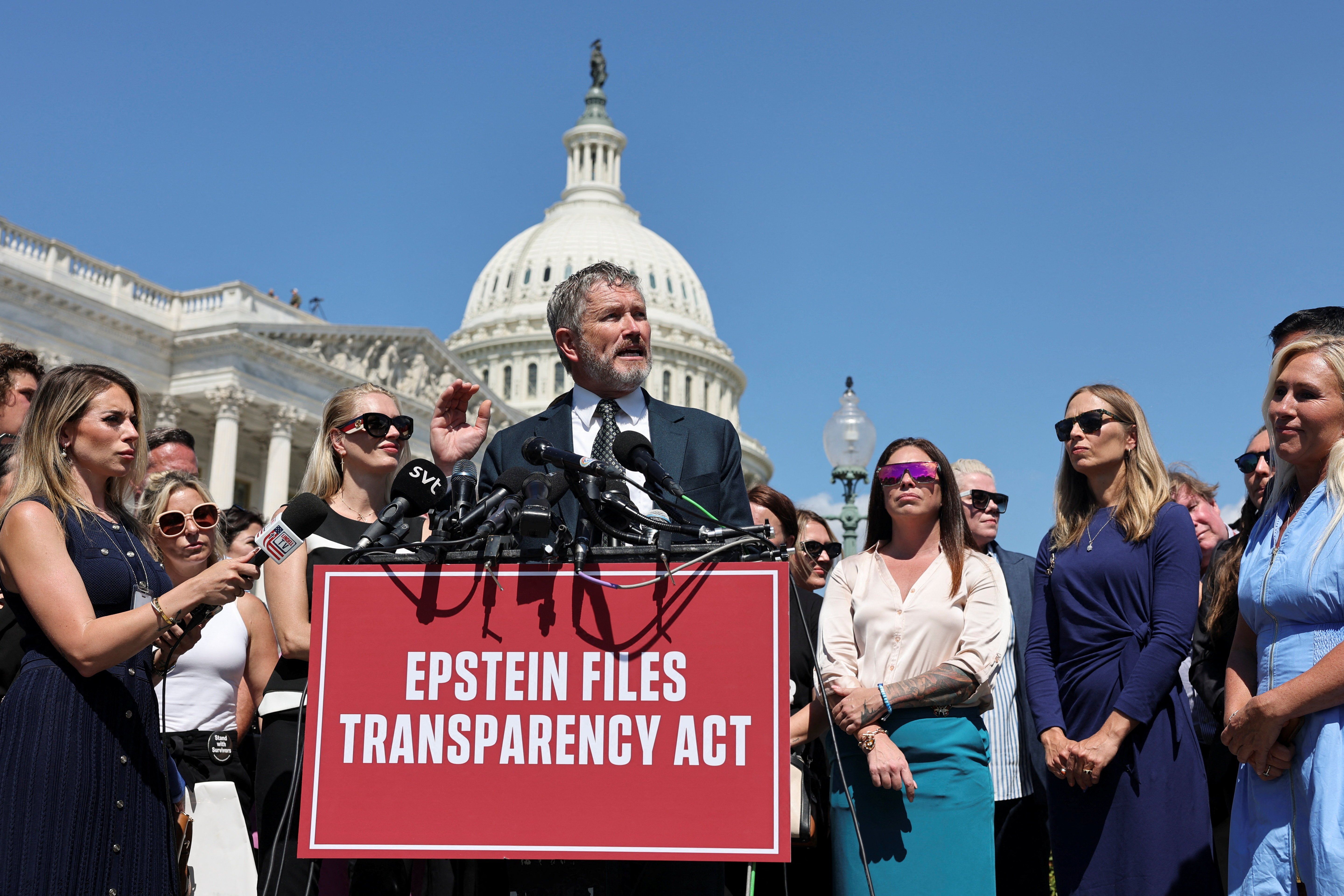On the eve of a landmark vote in the House on releasing files related to Jeffrey Epstein, the Republican lawmaker spearheading the effort is sounding the alarm that President Donald Trump may still manage to block the files’ release.
Trump has pushed back against the legislative effort to force the Justice Department to release its files on Epstein for months, calling inquiries into Epstein a “hoax,” and attacking the handful of Republicans supporting the effort. He made an unprecedented announcement Friday that he would push for a new investigation into Epstein over his past ties with prominent Democrats, and has since reversed course and said he now supports the files’ release.
But for Rep. Thomas Massie (R-KY), the lawmaker who launched the effort to force the release of files on Epstein, Trump’s recent moves could very well be part of a plan of obstruction.
“I’m concerned that now he’s opening a flurry of investigations, and I believe they may be trying to use those investigations as a predicate for not releasing the files. That’s my concern,” Massie said Monday evening, NBC News reported Tuesday.
“I’m afraid they’re going to try to use a provision of the law that allows you not to release these materials if they’re subject of an ongoing investigation and would harm, the release of which would harm the ongoing investigation.”
Critics have already noted that by Trump pushing for a new investigation into Epstein – which his DOJ closed back in June – the agency would have reason to withhold files on Epstein due to their being an active investigation.
To quell his concerns, Massie told reporters that Trump could simply direct his DOJ to release files on Epstein immediately, and before a new investigation into Epstein gets underway.
“If they’re serious about it, they should release them right now,” Massie said. “It’s that simple.”
The House is poised to vote on the bill that could compel the DOJ to release its files on Epstein Tuesday sometime after the chamber convenes at 12 p.m. EST, where it's expected to pass in a veto-proof majority. It would then move on to the Senate, and if passed in the upper chamber, be sent to Trump’s desk, with Trump having already pledged to sign it into law.
